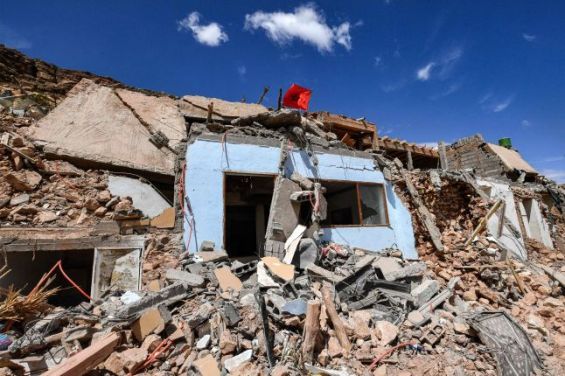Morocco has made significant progress in the 2024 edition of the Commitment to Reducing Inequality Index, published Monday, October 21, by Oxfam and Development Finance International (DFI).
In the global ranking, which evaluates the commitment of 164 countries and regions to combating inequality, Morocco ranks 73rd. This places the North African Kingdom fifth among countries in the Middle East and North Africa region. The region is led by Israel, Jordan, Tunisia, and Algeria, ranked 13th, 43rd, 59th, and 64th, respectively. However, Morocco ranks ahead of Palestine, Egypt, Iran, Djibouti, Yemen, Oman, Lebanon, Iraq, and Bahrain in the same region.
Among lower-middle-income countries, Morocco ranks 11th, behind Uzbekistan and ahead of Bolivia, Egypt, Eswatini, and Honduras.
In Africa, South Africa, Mauritius, and Lesotho top the ranking of African countries. Globally, the ranking is led by Norway, followed by Canada, Australia, Germany, and Finland.
The report is based on three indexes: public services, taxation, and labor. Morocco ranks 90th in public services, 97th in taxation, and impressively 21st in labor.
Post-earthquake spending
Morocco's ranking has made it the top riser in this edition. According to Oxfam and DFI, Morocco is this edition's «standout». The report attributes this rise to «higher spending» related to «reconstruction following the September 2023 earthquake», which killed nearly 3,000 people and displaced thousands.
The report further explains Morocco's remarkable performance, noting a +30 change since the 2022 index, putting it ahead of other risers such as Malaysia, Paraguay, Eswatini, Canada, Spain, Ecuador, Moldova, the Democratic Republic of Congo, and Hong Kong.
However, the report warns that many of this edition's top risers, including Morocco, «may not stay there long». It states, «The top riser, Morocco, moved up 96 places due to large post-earthquake relief and reconstruction spending».
Additionally, the report highlights that Morocco is among the «top 10 education spenders», attributing this to a «17% rise in the share of its budget allocated to education». While much of this is linked to rebuilding schools post-earthquake, it also reflects equity-enhancing initiatives like free school meals and early education, which aim to tackle extreme inequality in Morocco's education system, the report noted.
Globally, the report concludes that nine out of ten countries are adopting policies that risk increasing economic inequality.
It also notes that 94% of countries receiving loans from the World Bank and IMF have reduced essential investments in public education, healthcare, and social safety nets over the past two years. This trend is particularly severe in the world's poorest countries, with 95% of IDA countries making such cuts.





 chargement...
chargement...













